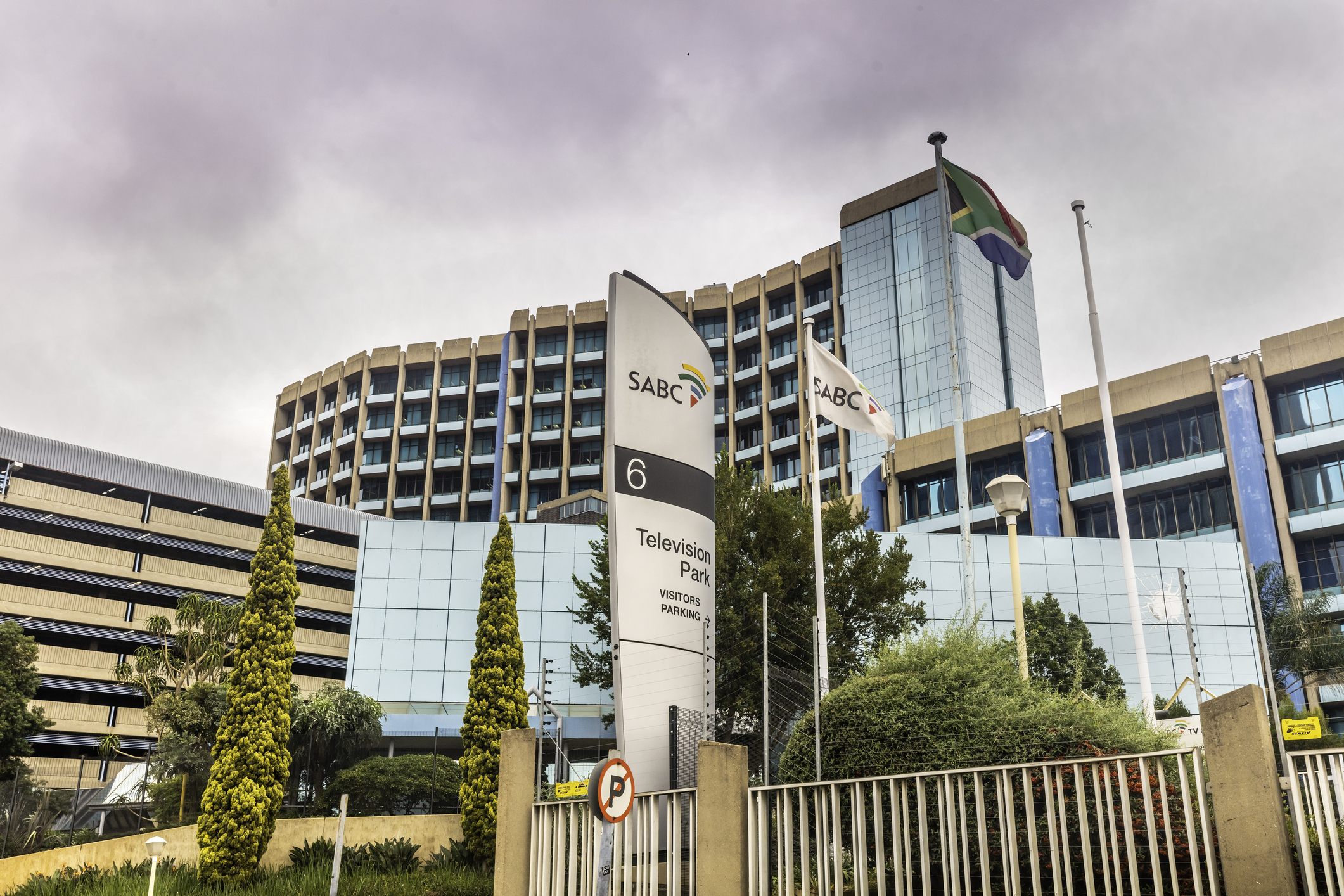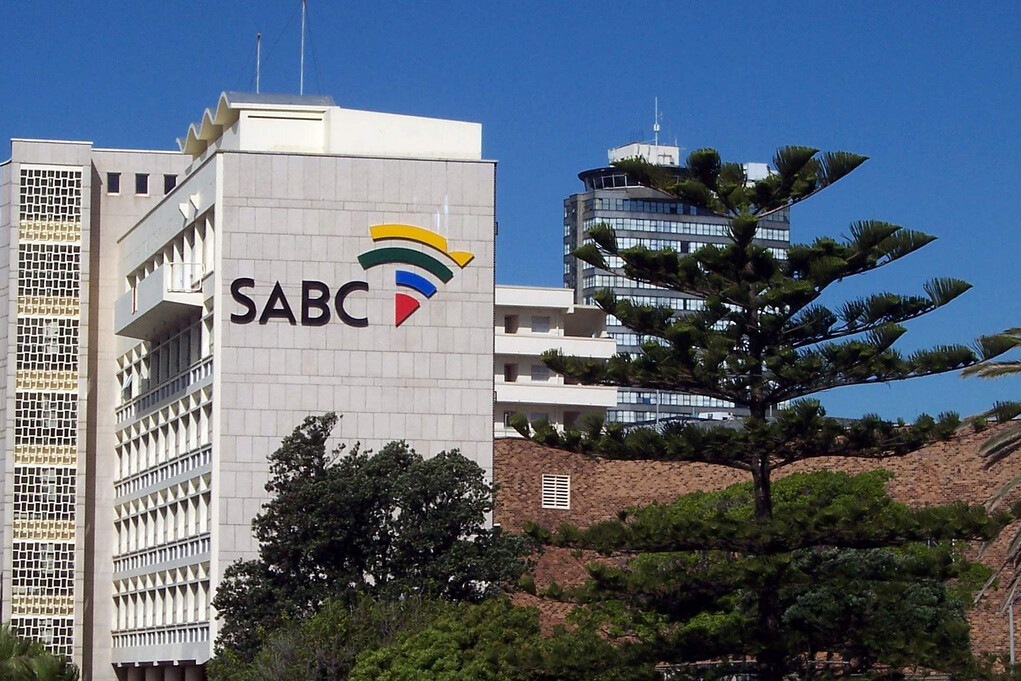Outrage after SABC CEO granted powers of Board
15th February 2023
As delays continue to plague the appointment of a new SABC board, the move to give the Group CEO the board’s powers has provoked outrage.

Several civil society organisations are seeking legal advice after South Africa’s Minister of Communications announced that she had assigned the Group CEO of SABC, Madoda Mxakwe, as the board.
The broadcaster has been without a board since October last year. While candidates have been put forward, the government has still not appointed any members. There have been repeated calls for this process to be concluded. Two weeks ago, the Democratic Alliance (DA) – an opposition party – criticised the president for the delay. “The truth is that the longer the delay – and it’s nearly four months now since the board expired on the 15th of October last year – the more the general public believes that this delay is deliberate,” said the DA’s Communications Portfolio Committee, Dianne Kohler-Barnard.
Mr. Mxakwe was subsequently granted the powers of the board, prompting further criticism. Those significantly oppose include two civil society organisations, the SOS Support Public Broadcasting Coalition (SOS) and Media Monitoring Africa, who argued that the decision was unlawful and an overextension of the two Ministers’ powers. “On a simple basis of good governance, it cannot surely be legitimate for one individual to be given Board powers and make decisions that otherwise require 15 members of which 12 are non-executive members,” the groups said in a joint statement.
Read more: Radio’s contribution towards peace in South Africa (Insight)
“It is equally alarming that the public learns through an ad hoc interview that ‘the GCEO is the SABC Board.’ The public was not informed of the decision when it was taken and its basis which raises further questions about the decision. The lack of transparency gives credence to rumoured political interference and orchestrated delay tactics in appointing the Board.”
Subscribe toour newsletter
Keep updated with the latest public
media news from around the world
SOS has also written to both the Communications and the Finance ministers, as well as the Group CEO on the matter, requesting urgent clarification.
The DA has also weighed in, with Ms. Kohler-Barnard asking, “Who has authorised this?
“Of course he [Mr. Mxakwe] can’t have a dual role – he can’t earn a salary from the SABC in the mornings and in the afternoon moonlight as the head of a non-existent Board. Nor does this bizarre appointment give him the power to sign off on the crucial decisions which should be taken by the Board.”
Meanwhile, former board member Michael Markovitz told SABC that significant strategic decisions are continuing to be made without the approval and scrutiny of an independent board.
“It’s of huge concern,” he told Morning Live. “We saw an announcement of an indigenous language news channel, which I fully support the concept thereof. But when we launched the sports channel, we were presented as a former board with budgets and strategies, and it went back and forth until the board was happy that the SABC sports channel … would be viable, and the board then approved it. While there’s no board, we see an announcement of a new channel … I think that that’s a concern that a new news channel is launched without that oversight body. It should be involved in that type of decision.”
Other critical broadcast decisions – on which the board has some say – are in line to be made as well. A new date of 31 March for the much-delayed analogue switch-off (ASO) was agreed upon in December. But with no board, Mr. Markovitz questioned who from SABC was consulted, as is their right. “It is a big concern that govt is proceeding with ASO without an #SABC Board in place,” he tweeted. “Govt’s plan is to switch off millions of analogue-only households in Gauteng, KZN, W.Cape & E.Cape on 31 March.”
A board’s role is to provide an oversight mechanism, to ensure the corporation’s direction aligns with its mission, and that the organisation’s viability is maintained. To fulfil this role, it must operate separately and independently from senior management. To place all this authority into the Group CEO – regardless of the legal concerns raised by former board members, civil society groups, and some politicians – PMA believes is not a sustainable decision and would impact the integrity of the institution, particularly with critical events such as the ASO coming up. A new board must be appointed with urgency, and this situation be resolved.
Related Posts
13th February 2023
Radio’s contribution towards peace in South Africa
SABC's radio services played a pivotal…
24th January 2023
SABC indigenous language news channel to be launched
SABC plans to improve news provision…
21st October 2022
Calls to “expedite” SABC board appointments following delays
The new board of South Africa’s public…


